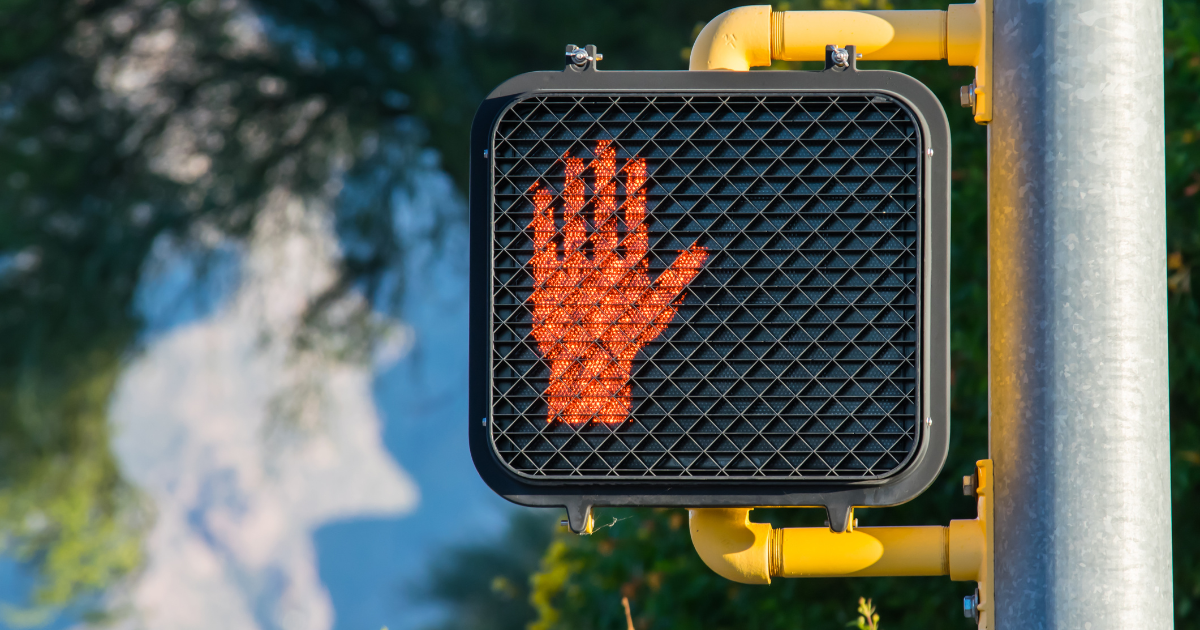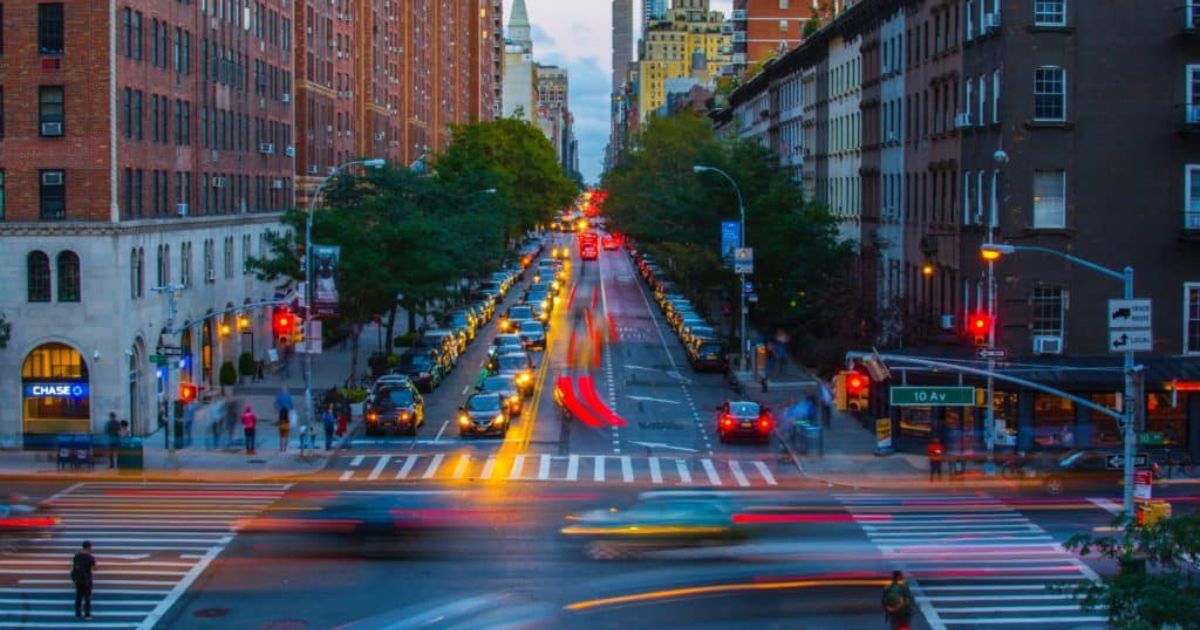It is common knowledge that serious motor vehicle accidents can cause broken bones, ligament tears, sprains, and strains. Many people don’t realize, however, that a serious car accident can cause injuries to your cardiovascular system. A car, truck or motorcycle accident is a very…
Blog
Key Takeaways Contributory negligence in Virginia presents a significant hurdle for personal injury victims, barring compensation even when they are minimally responsible for their injuries. Defendants and insurers in Virginia often utilize contributory negligence to evade liability, leveraging the strict legal doctrine to…
A personal injury lawsuit may allow you to collect damages, including compensation for medical expenses, lost wages, pain, and suffering. But are personal injury settlements taxable? It depends on the type of compensation you receive and previous exemptions you claimed on your tax returns….
Crossing the road has never been more deadly in Virginia. That’s the conclusion to be drawn from new figures that show pedestrian deaths hit an all-time high in Virginia in 2022. Virginia Department of Motor Vehicles (DMV) recently released its 2022 Traffic Crash Facts…
Ever since the disastrous derailment of a Norfolk Southern freight train in Ohio in February, the railroad operator’s safety record has made headlines. In May, the National Transportation Safety Board (NTSB) announced it would investigate the derailment of a Norfolk Southern freight train in…
Cars are safer than they have ever been before and federal and local authorities are constantly bringing in new technology to make America’s roads less dangerous. It is, therefore, deeply disturbing that the death toll is continuing to rise on U.S. roads. Traffic fatalities…
It is rare for the driver of a car to be launched from the vehicle in a crash. However, motorcycle wrecks often involve the rider being thrown from their bike onto the pavement. Far too often, victims of motorcycle accidents suffer the most serious…
If you’ve ever felt vulnerable driving on busy Northampton Boulevard near Norfolk Premium Outlets, you have good reason. Accident statistics from 2021 reveal this was Norfolk’s most dangerous intersection with 30 recorded crashes. Intersection Accident Statistics in Norfolk The intersection of Northampton Boulevard with…
Virginia Beach is the most populous city in our state. It also contains some of Virginia’s most congested and dangerous intersections, places where multiple lanes merge and drivers have to make split-second decisions. The most hazardous intersection in 2021 was the crossing of Kempsville…
If you ride a moped in Virginia, you will need to be aware of new rules that went into effect today, or risk facing a heavy fine. The Virginia General Assembly brought in legislation last summer that requires moped and scooter riders to register…


















